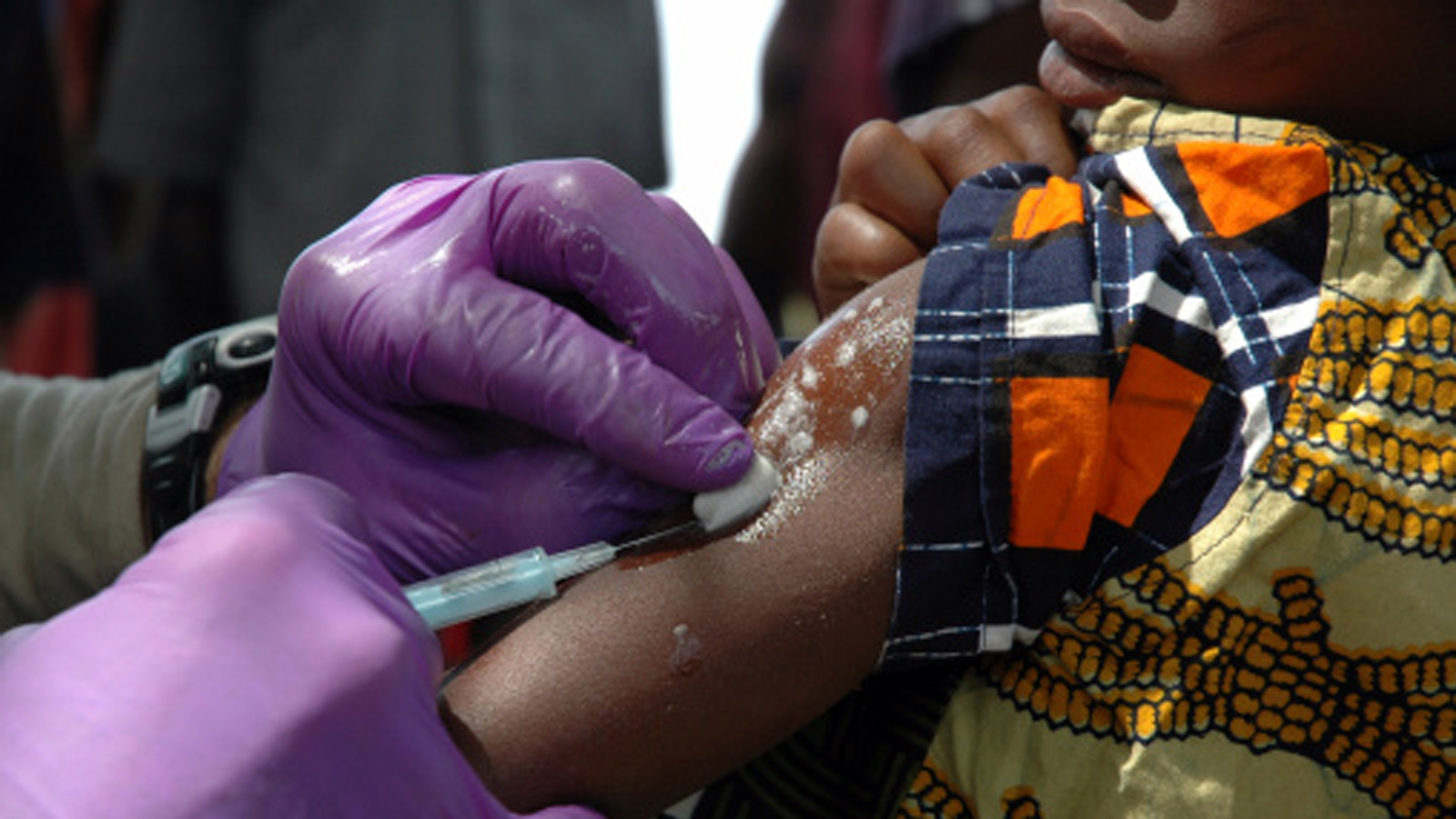
Change the World –Imagine the future, change now
However, the global community consists of a variety of cultures, customs, and geographies, and people at all socio-economic levels.
We look at society’s needs and consider our mission.
There is an aging society and a widening poverty gap
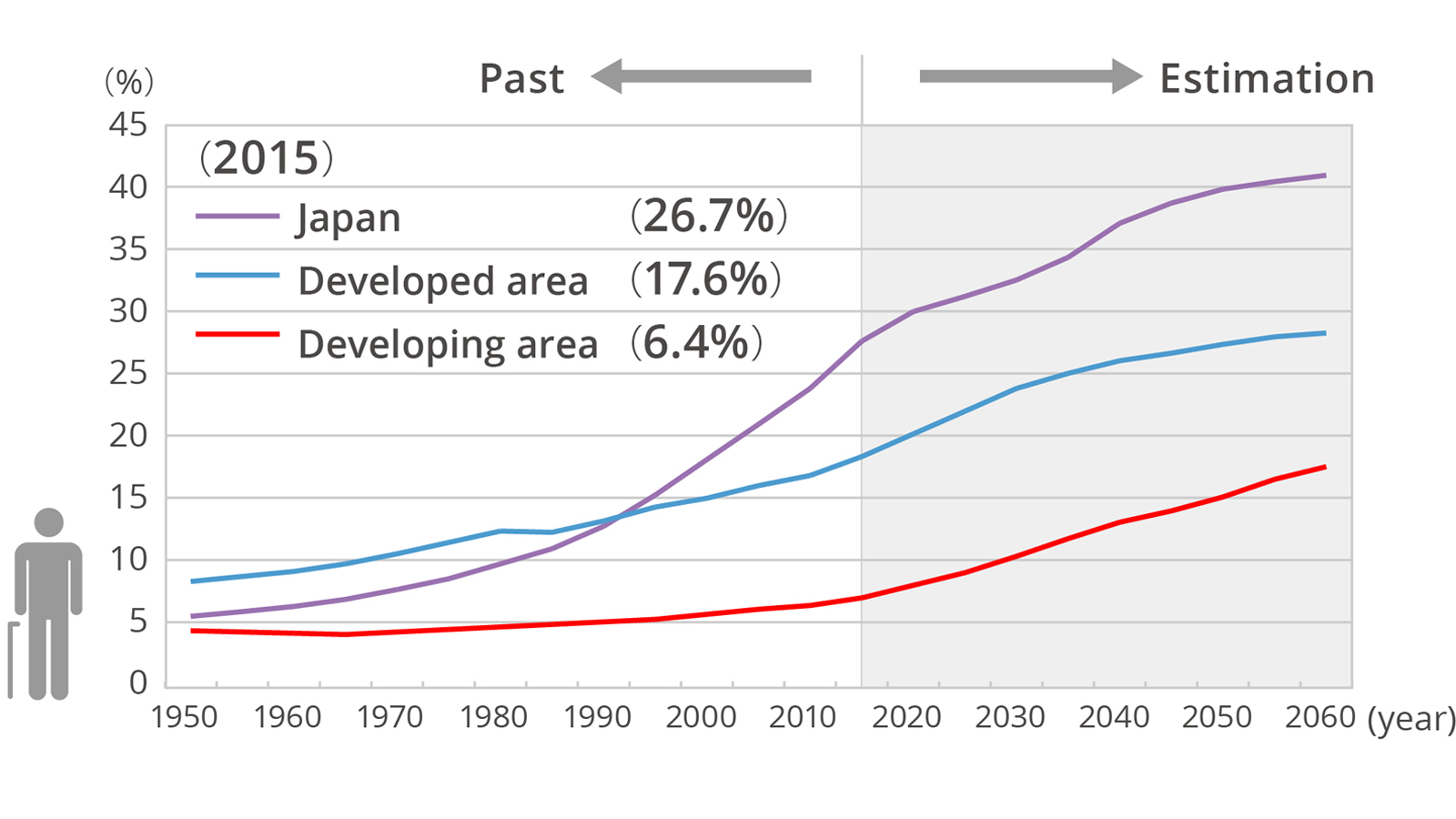
Transition of world population aging rate
The aging of society is rapidly progressing. It is estimated that the number of people aged 65 years or older in the world will increase to 18.1% in 2060. In Japan, this figure will be around 40%, and in the U.S and the UK, it is estimated to become around 25% as they reach a society with more elderly people. Though this increase is a positive reflection that people are living longer due to better health and living conditions, it also means there will be fundamental changes to the way society will work.
Source: H28 White paper of elderly citizen
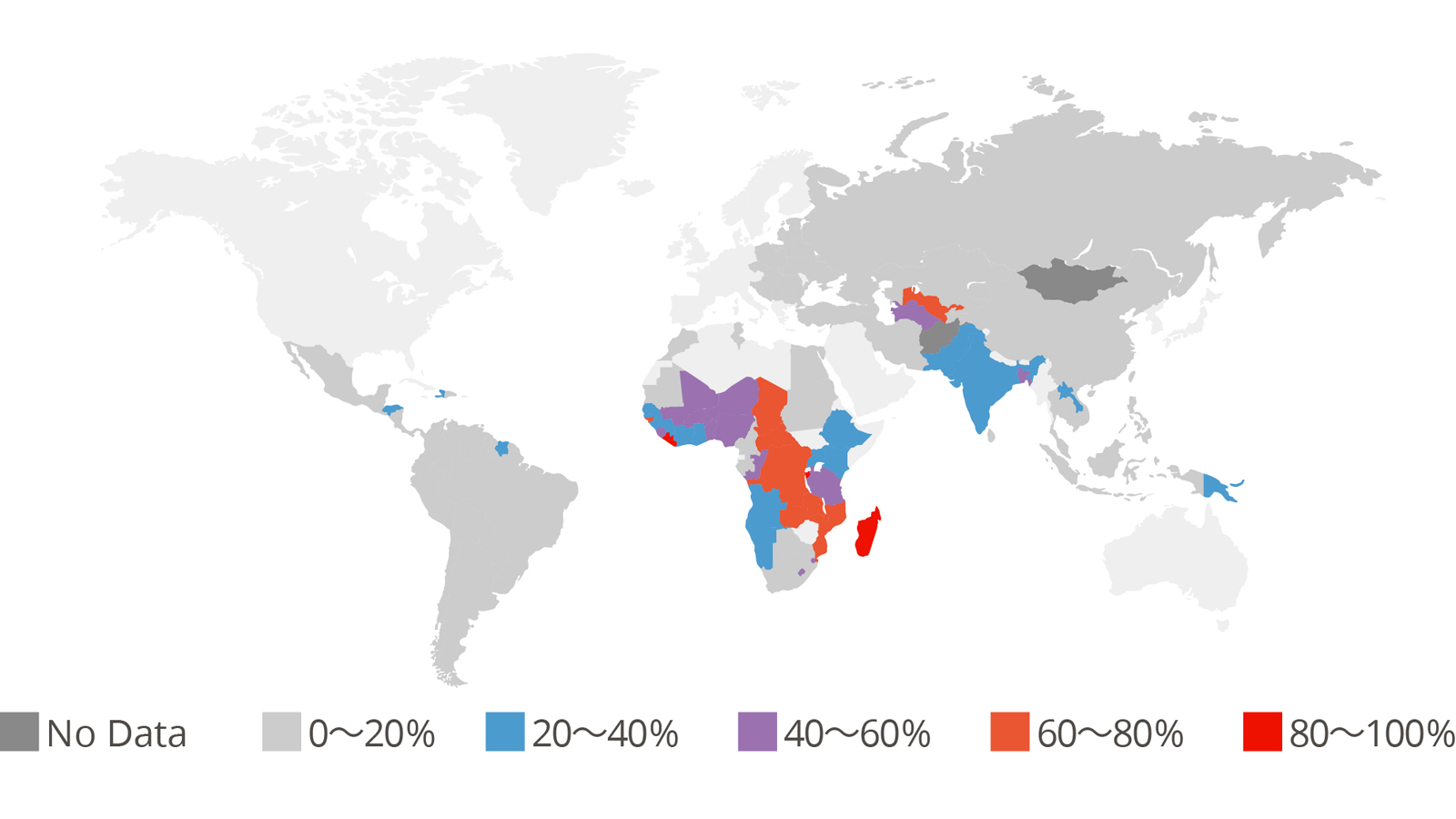
Poverty rates in the world shown as a map (2012)
Another stark reality exists: in 2012, an estimated 896 million people lived below the world poverty standard of 1.90 U.S. dollars per day.
The poverty gap issue has not been solved yet.
Source: The World Bank
Problem being faced:
Increased numbers of people needing long-term care and in the infant mortality rate
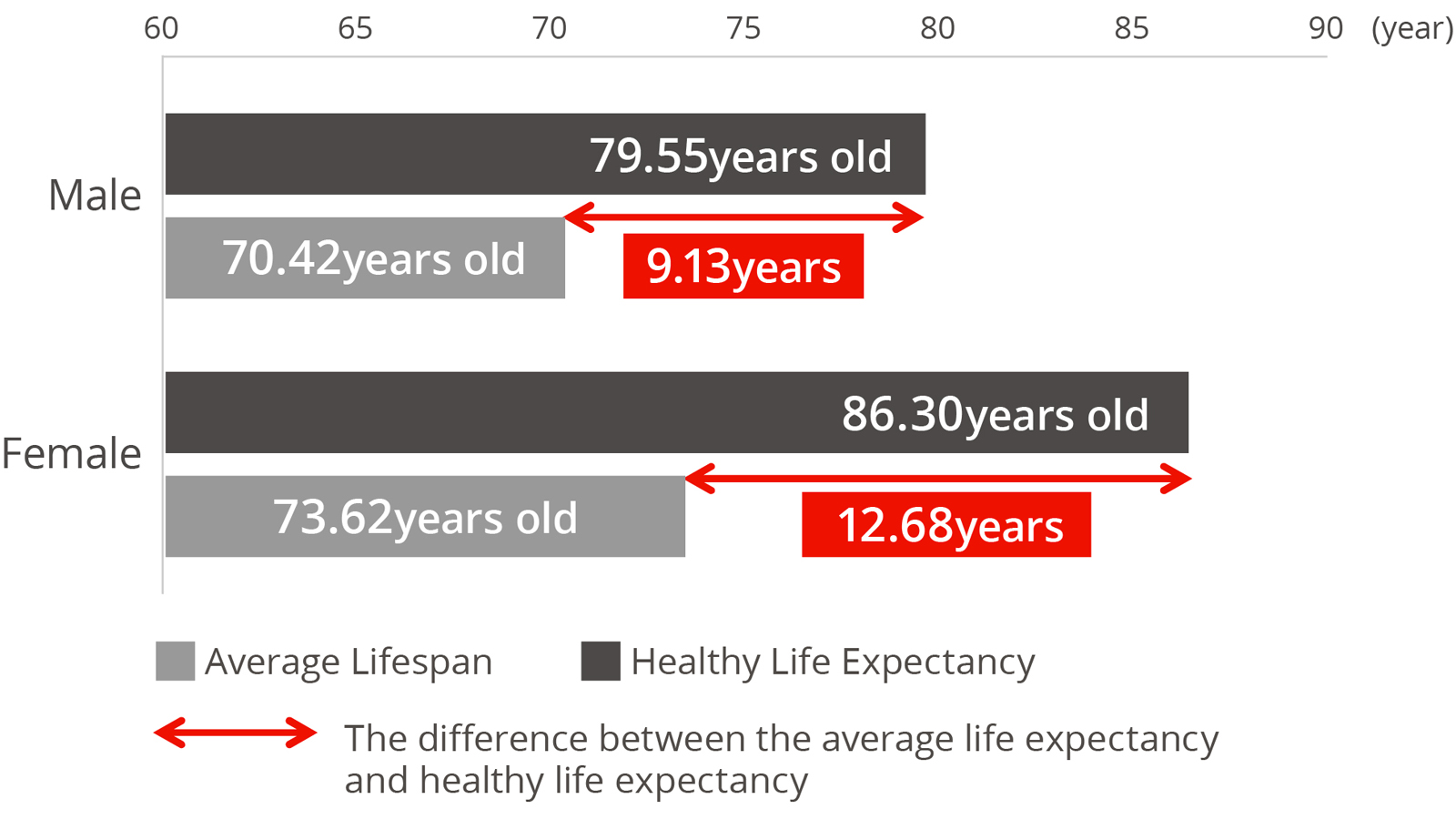
The difference between the average life expectancy and healthy life expectancy in Japan
Developed countries whose populations are aging will soon face the challenge that peoples' average lifespans are increasing.
And as a result there is a growing difference between healthy life expectancy, the length of time someone can live their life without being limited by health problems, and life expectancy.
This difference is connected to an increase in the number of people needing long-term care, and means there will be an increase in medical expenses and nursing care payments.
To bring about a better society, our mission in developed countries is to improve health standards.
Source: Ministry of Health, Labor and Welfare’s “Reference material for People’s Health Promotion Campaign for the 21st Century (Healthy Japan 21)(Part 2)”
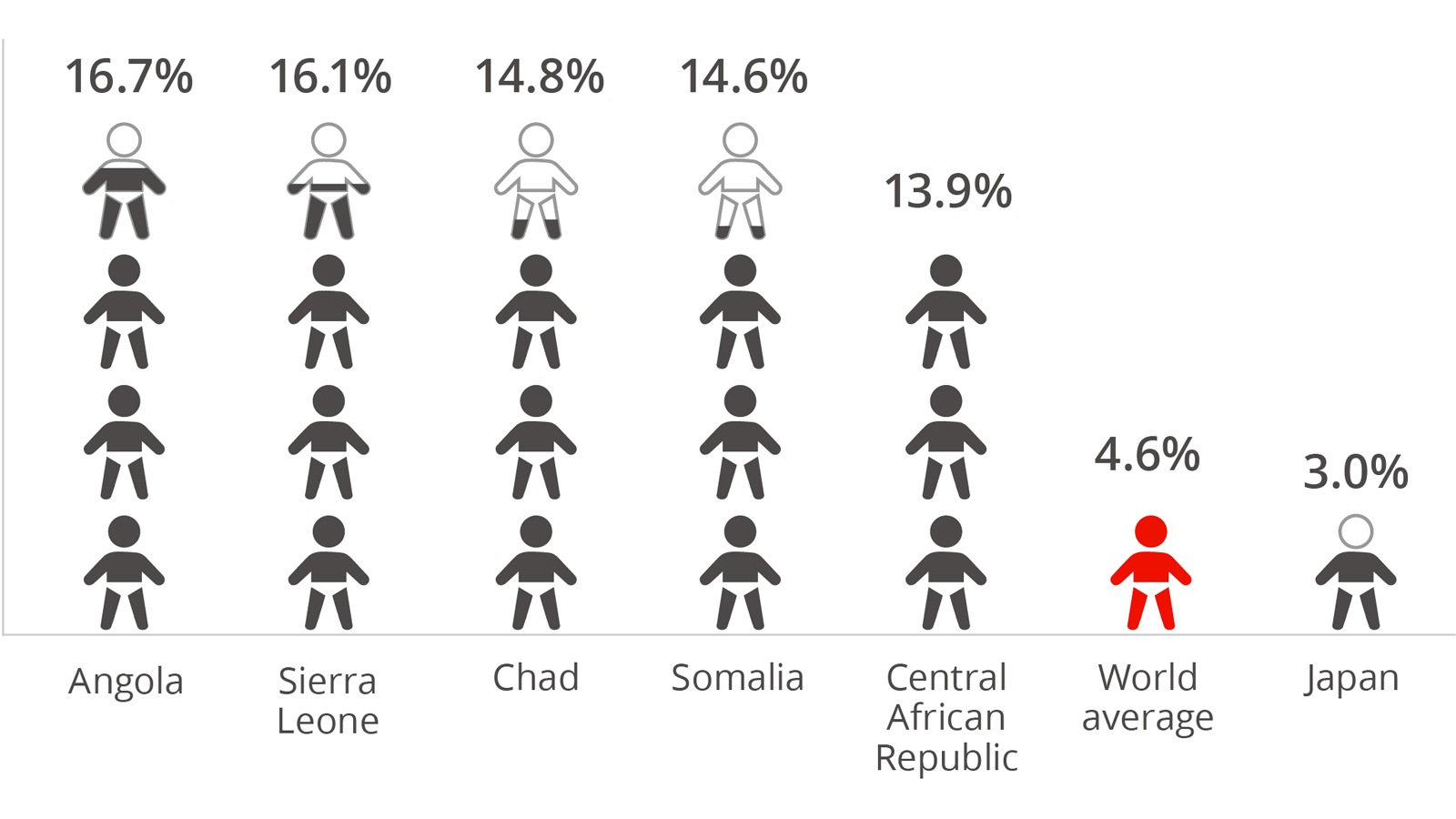
Mortality rates of children under the age of live (per 1,000 births)
Countries in the southwest of Africa--among the poorest in the world--have the highest mortality rates for children under the age of five.
The main causes are lack of nourishment and proper healthcare due to poverty.
Wishing for the healthy growth of children, our mission in developing countries is to help control or prevent infections with vaccines, and provide people with effective access to quality medical care.
Source: UNICEF “The State of the World’s Children 2016”
Support with advanced medical care and preventive care healthy life and savable life.

Health Expectancy
The goal is not simply to live a long life, but to live a healthy life.
Takeda's objective is not merely to improve the quality of life by bettering health standards through developing innovative new drugs, but also to tackle social agendas such as increasing medical expenses and nursing care expenses.
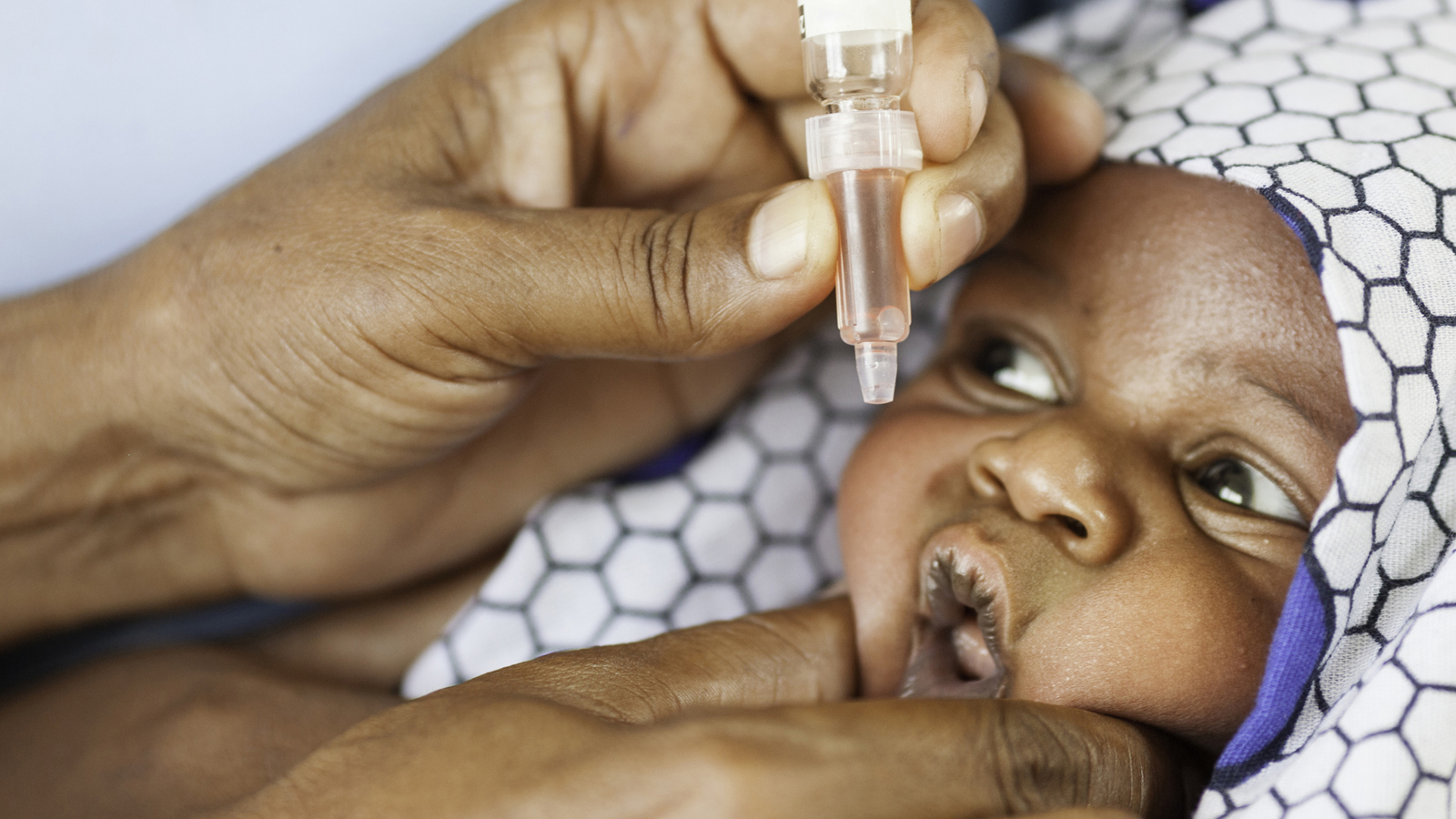
Save a child’s life
Improving public health through access to healthcare and by controlling and preventing infections vaccines will make a bigger impact when these efforts are focused on a global scale.
Takeda is strengthening measures against infectious diseases and national health systems, while conducting accelerated research and development therapeutic agents and vaccines to make them available as soon as possible. At the same time, the company is linking up with national and global partners and NGOs to collaborate on corporate social responsibility activities (CSR) that make a difference in peoples' lives.
Takeda’s goal research and development along with community investment
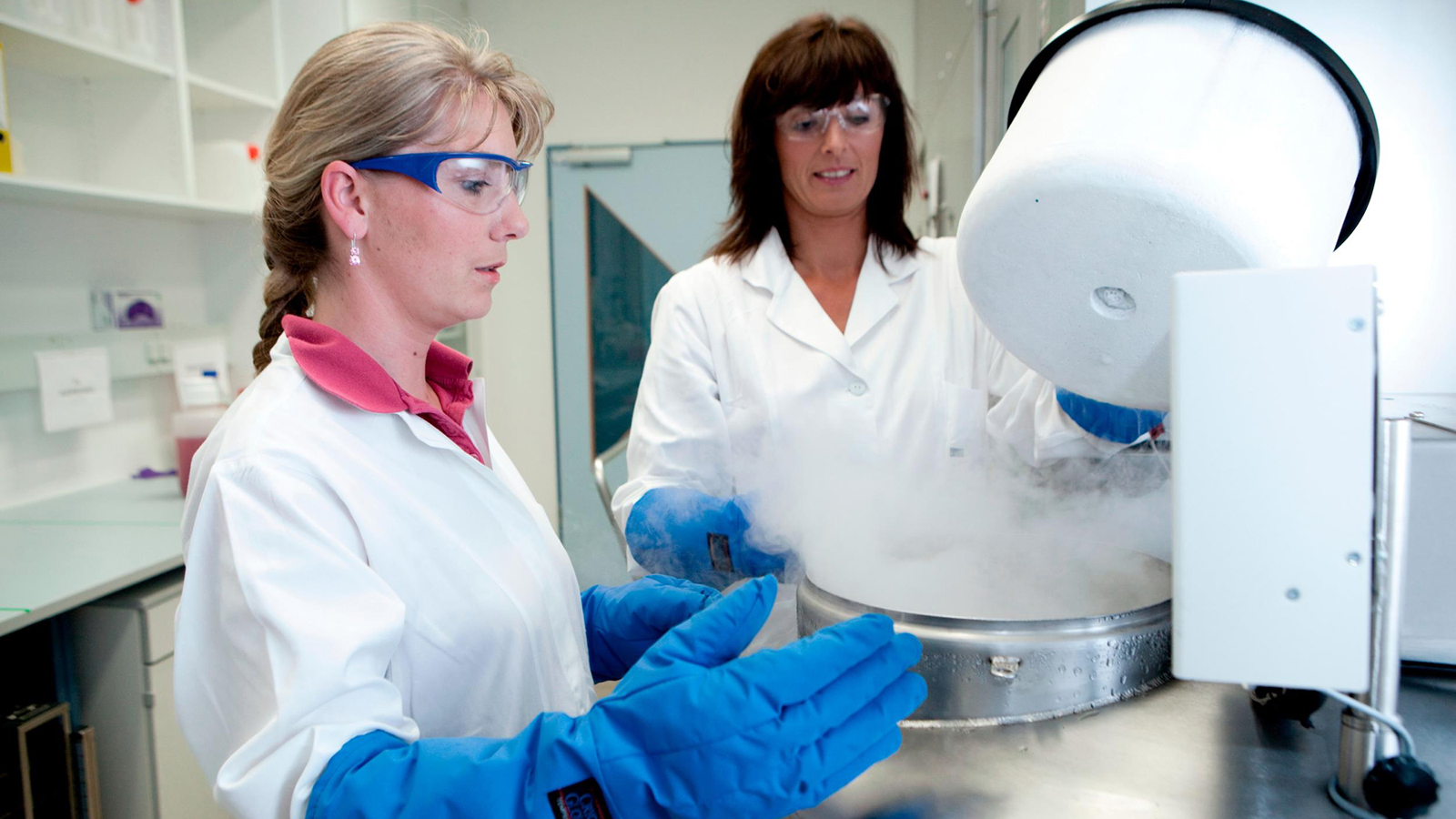
Research and development
In a research environment that is at the top level in the industry with state-of-the-art facilities, we will uncover and apply the wisdom of researchers in ways that spans national borders and sectors and work to discover new drugs.
In developed countries such as the United States, we offer programs to assist patients who cannot access the medicines they require because of their economic situation.
Our mission as a global pharmaceutical company is to help improve people's health and welfare.
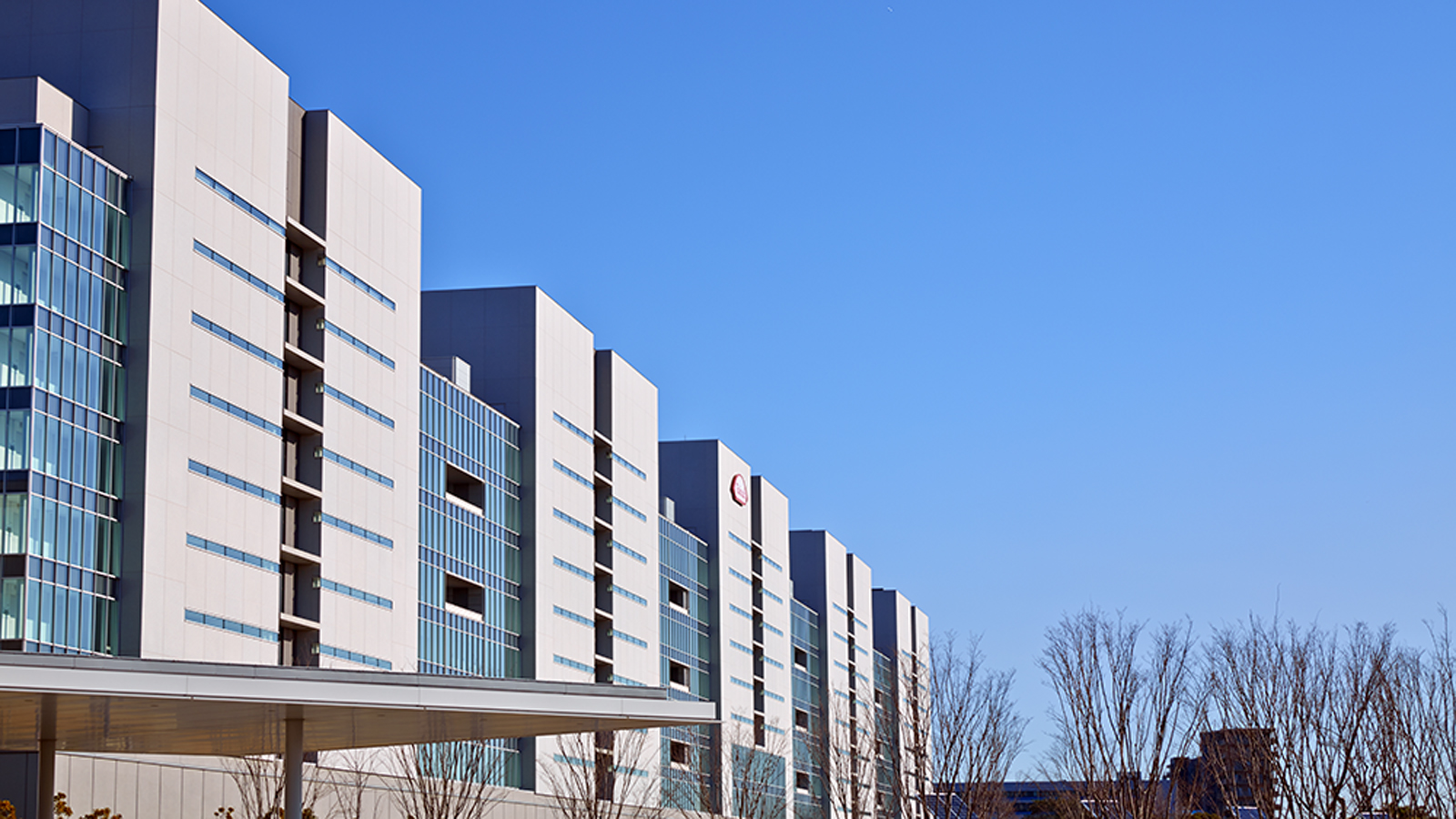
Related information
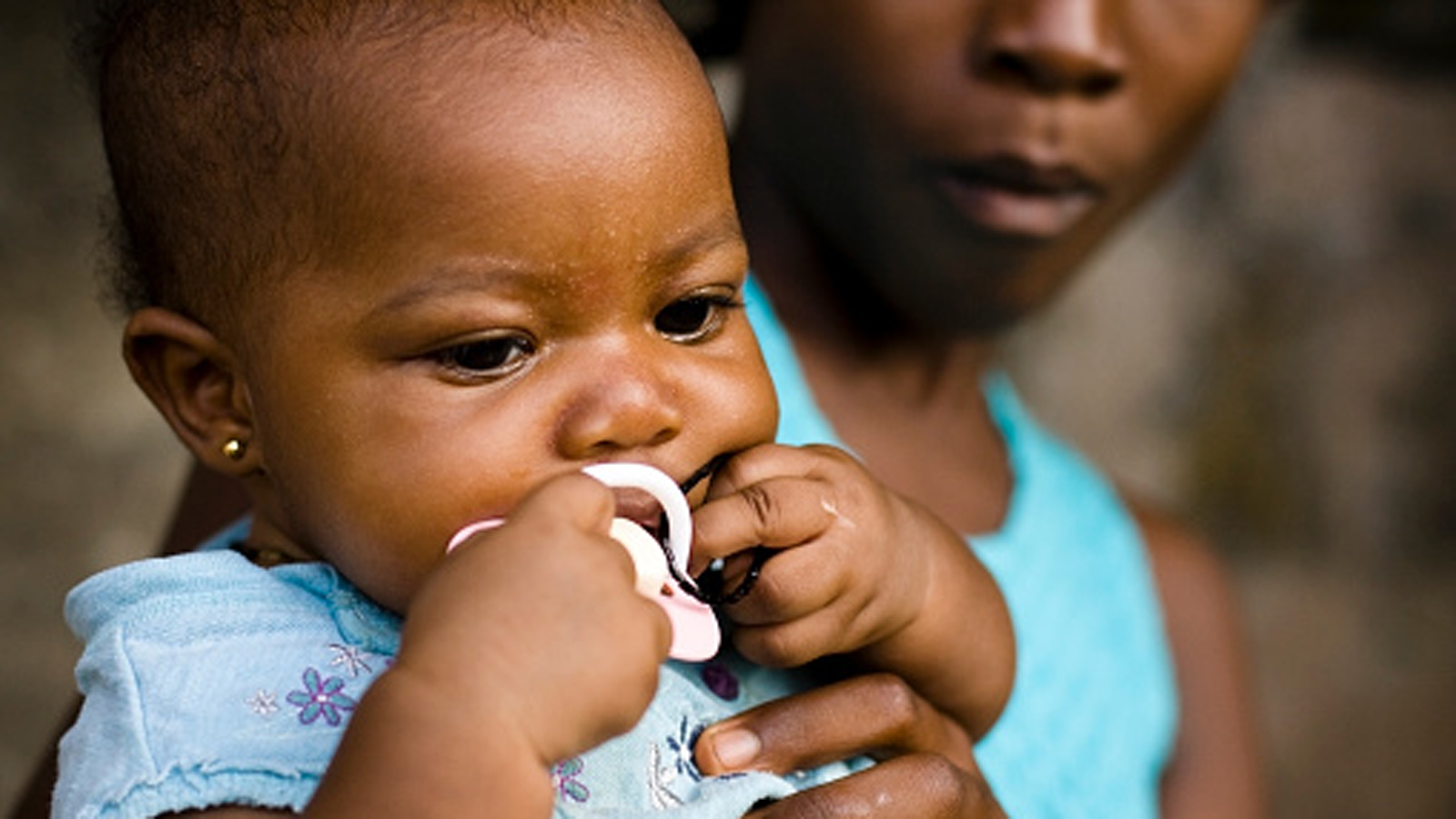
Community investment
We want to help the people of the world who need health care. With this goal always in mind, Takeda is committed to supporting a variety of global CSR programs.
For example, we are participating in a global program implemented by the United Nations Foundation to protect children by vaccinating them against measles.
By becoming involved, Takeda can widen the circle of social contribution and that too is our mission.
